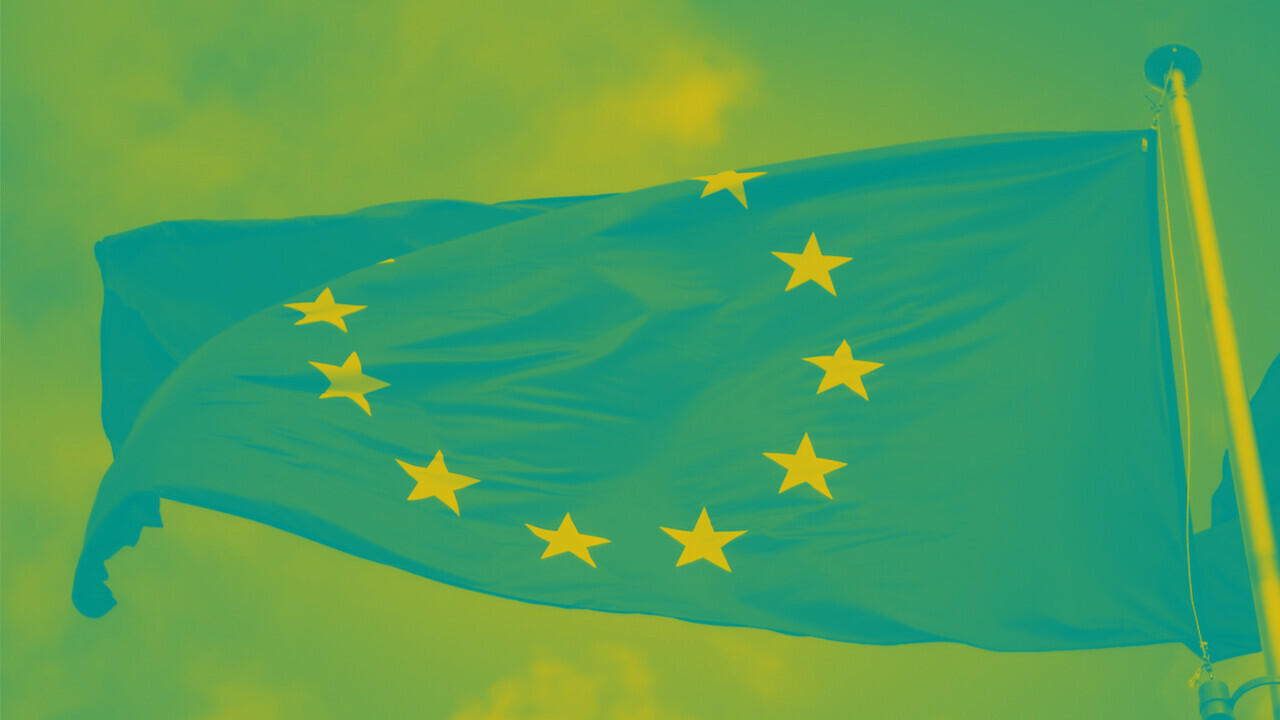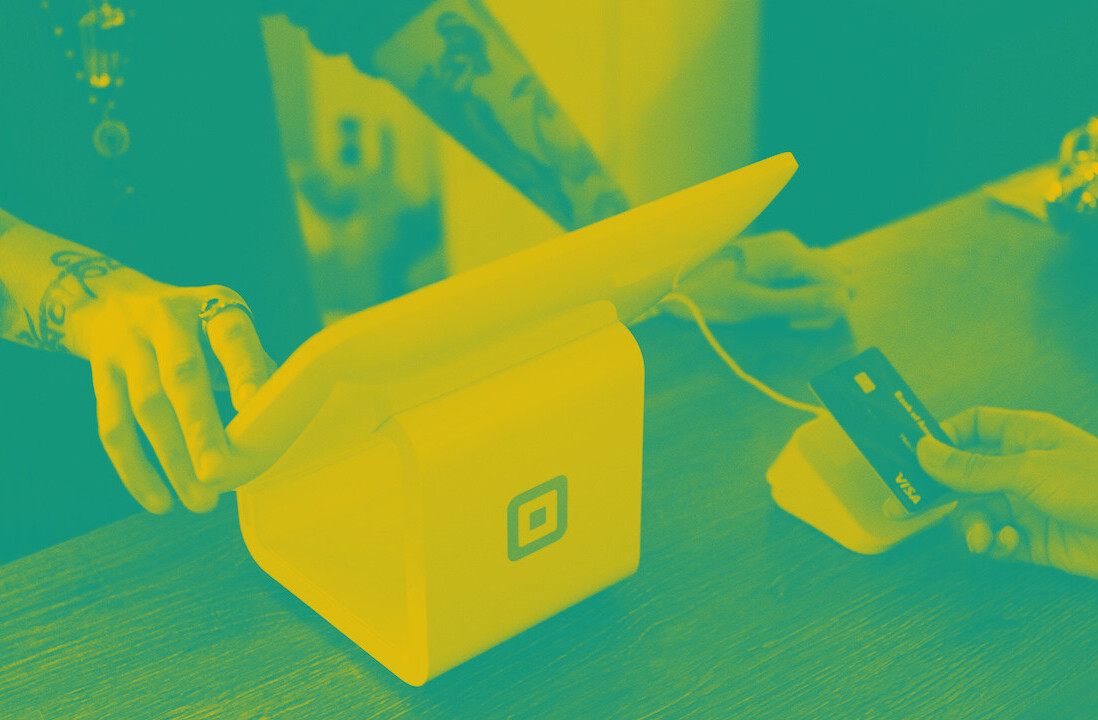
With Silicon Valley in the West and Shenzhen in the East having long dominated the tech scene, Europe’s leaders have been calling on the need for the EU to achieve technological sovereignty. This means having homegrown technology companies that are strong enough to compete with big tech players from abroad, making EU based businesses less dependent and giving the bloc a stronger position in shaping the future of tech.
With major fintech hubs developing in London and Frankfurt as well as new regulation changes that are speeding up collaboration between banks and fintechs, some believe Europe could become a global leader in this space.
This was pushed forward with the introduction of the Payment Services Directive 2 (PSD2) in January 2018. The directive ushered in a major change in the dynamics between banks and fintechs with open banking, a practice that allows banks and third-party financial service providers to share secure access to users’ banking and financial data. This translates to frictionless collaboration between banks and fintechs, which will subsequently produce more options for users.
Ever used an app to split a dinner bill with friends? To help you save more each month or invest your savings directly in crypto? And there’s a lot more innovative possibilities this could bring.
But what exactly does this entail and will it actually herald the revolutionary change the bloc needs to become a fintech powerhouse?
What is PSD2?
PSD2 is a wider and more comprehensive update to the original Payment Services Directive, passed in 2007, which sought the development of a single payment market in the European Union to promote innovation, competition, and efficiency. This update expands the scope of the original directive to all payments where at least one party is in the EEA, whereas the original directive required both parties to be in the EEA.
The game changer for PSD2 is the requirement that banks have to open up their payment services to other companies, called Third Party Payment Services Providers (TPPs). TPPs are authorized online service providers which exist outside banks, but may be involved in online transactions that a banking client may carry out.
TPPs are classified into two types:
Payment Initiation Service Providers (PISPs) are external parties which can initiate transactions. This means transactions can happen without the need for credit or debit card details. For example, with your permission, some digital money management and savings apps can automatically transfer a small proportion of your balance each week to a savings account.
Account Information Service Providers (AISPs) are external parties which can connect to bank accounts and retrieve information such as balances and transactions from those accounts. A common example is a money tracking app that helps you make sense of where you spend your money. The app aggregates data from your various bank accounts so you can see a snapshot of your spending history.
The presence of these TPPs mean that every bank is required to provide TTPs access to their customers’ accounts via open application programming interfaces (APIs). It’s this requirement that aids the transformation towards a more open financial sector, also known as open banking.
Implementation of open banking APIs still unclear
PSD2 provides a tipping point for API technology to break through to traditional big banks which have been slower to innovate. The fact that banks are required to build an integration point means that fintechs will have more opportunities to collaborate, which opens up new possibilities for funding that results in new applications or solutions for users. This will be especially important for Europe’s big banks given the pressure they’re now facing from neobanks and big tech companies moving into the space.
However, at the start there where limited standard technological guidelines on how to implement the APIs. Koen Adolfs, the Lead Product Owner for Open Banking & Enterprise Integration Technology at ABN Amro, shares that, “Since this is a new piece of legislation, regulators and banks are figuring out what this means for technical application in an agile manner. We are still working together to shape this world.”
Is regulation really enough to spur innovation?
While PSD2 may have removed barriers to open banking, regulation alone is not enough to foster a fintech boom in the EU. Koen Adolfs believes that the power lies within the companies themselves, and their ability to discover the opportunities within the realms of open banking. He gives the example that, “when you look back at the genesis of Silicon Valley, it was not born out of regulatory impetus, but rather a community of companies and people who wanted to innovate together.”
Adolfs also claims that, “it’s essential for companies and fintechs to continue to collaborate together on more initiatives,” to unleash the full realization of open banking. He believes that currently, the EU is just at the start of that journey, and many more applications for open banking are yet to come.
Privacy is pushing progress
Although consumers are still hesitant to adopt open banking initiatives with open arms, the EU’s focus on privacy could help ease this transition. As with every facet of banking, trust remains central to the service. Differing from the tech world, for banks and financial institutions giving customers control of their personal data and how it’s shared is essential. It’s therefore important to let customers have the flexibility of choosing what and where their data goes as well as implementing good security measures to prevent leaks.
Positive examples to learn from
While open banking in the EU still has a long way to go, there are some collaborative examples that companies and fintechs can take inspiration from. For example, Adolfs shares that, “Tikkie, a payment request platform, has an API which allows businesses to send bulk payment requests via their choice of channel (e.g. Whatsapp, Facebook, email).”
Similarly, “a travel agency that helps customize trips to Australia and New Zealand called TravelEssence hedges itself against currency risks by automating the process of bulk FX trade conversions via ABN AMRO’s FX Trade API.”
While PSD2 and open banking have started the EU’s journey towards being a competitive player in fintech, regulation alone is not enough. Companies and fintechs have to collaborate more and find new implementations of open banking to streamline manual business processes or enhance the consumer experience. So now the focus should be on building an ecosystem of innovation spearheaded by EU based companies.
Get the TNW newsletter
Get the most important tech news in your inbox each week.





